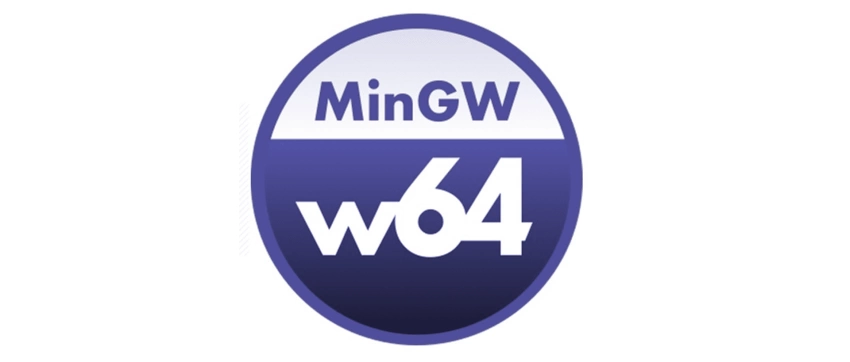MinGW (Minimalist GNU for Windows) is a free and open-source software development environment for creating Microsoft Windows applications. It provides a complete Open Source programming tool set which is suitable for the development of native Windows programs that do not depend on any third-party C runtime DLLs.
MinGW includes a collection of freely distributable Windows specific header files and import libraries combined with GNU toolsets that allow users to create native Windows programs. It includes a port of the GNU Compiler Collection (GCC), GNU Binutils for Windows (assembler, linker, archive manager), and a set of Windows-specific headers and libraries.
The main advantage of MinGW is that it allows developers to create native Windows applications using GNU tools while avoiding the overhead of Unix-like POSIX runtime libraries. It's particularly popular among C and C++ developers who want to develop Windows applications using free development tools.
MinGW is widely used in both educational and professional environments, making it an essential tool for cross-platform development and Windows-specific programming.
| Aspect | Description |
|---|---|
| Full Name | Minimalist GNU for Windows |
| Type | Development environment and compiler collection |
| Primary Purpose | Creating native Windows applications using GNU tools |
| Main Components | - GCC (GNU Compiler Collection) - GNU Binutils - MinGW Runtime - Windows API headers - Various GNU tools |
| Supported Languages | - C - C++ - Fortran - Objective-C - Ada |
| Key Features | - Native Windows executable generation - No external DLL dependencies - POSIX thread support - Windows API integration - Free and open-source |
| Package Manager | MSYS2 package manager (for modern installations) |
| Main Variants | - MinGW (original) - MinGW-w64 (64-bit support) - MSYS2 (modern distribution) |
| Target Platforms | - Windows 32-bit - Windows 64-bit |
| Installation Methods | - Direct download - MSYS2 installer - Package managers - IDE integrations |
| Popular IDEs Integration | - Code::Blocks - Eclipse - NetBeans - CLion - Visual Studio Code |
| Key Benefits | - Small footprint - Native performance - GNU tool compatibility - No licensing costs - Large community support |
| Common Use Cases | - Windows application development - Cross-platform development - Educational purposes - Open source projects |
| File Extensions | - .exe (executables) - .dll (dynamic libraries) - .a (static libraries) - .o (object files) |
| Development Status | - Original MinGW (maintained) - MinGW-w64 (actively developed) |
| System Requirements | - Windows OS (XP or later) - Minimum 256MB RAM - 1GB+ disk space - Internet connection for installation |
| Documentation | - Official wiki - User guides - Community forums - Online tutorials |
| Support Channels | - Official mailing lists - Stack Overflow - GitHub issues - Community forums |
| Notable Features | - Cross-compilation support - Multiple compiler versions - Extensive library support - Build automation tools |
| Limitations | - Limited GUI tools - Some Windows API features require workarounds - Learning curve for beginners |
| Alternative Tools | - Cygwin - MSVC - Clang - Digital Mars C++ |
| Build Tools | - Make - CMake - Autotools - MSBuild support |
| Standard Libraries | - C standard library - C++ standard library - Windows API headers - POSIX threads |
| Security Features | - DEP support - ASLR compatibility - Stack protection - Security cookies |
| Performance | - Native code execution - Optimized binaries - Small runtime overhead |
| Community Resources | - GitHub repositories - Tutorial websites - Code examples - Third-party packages |

